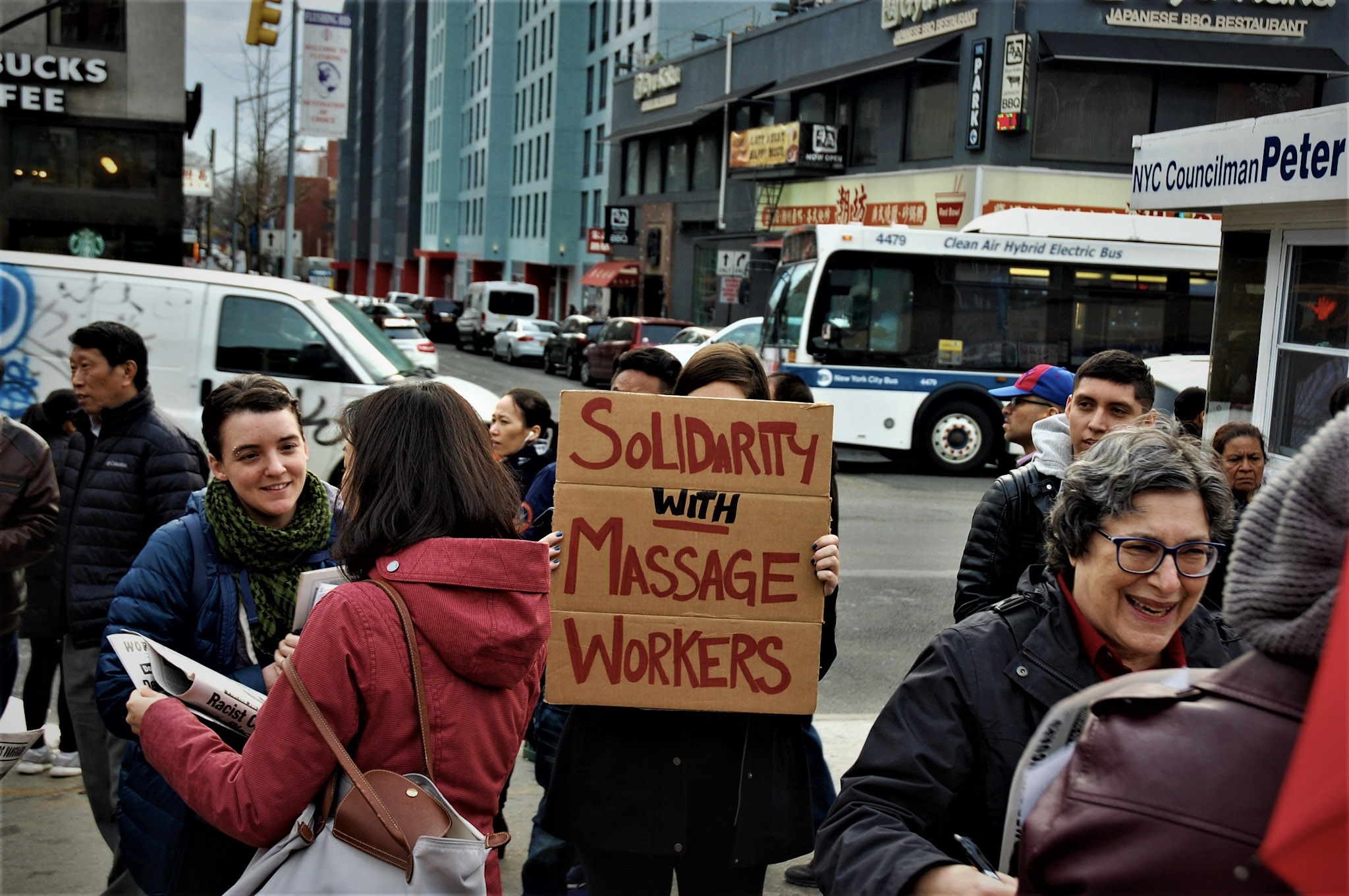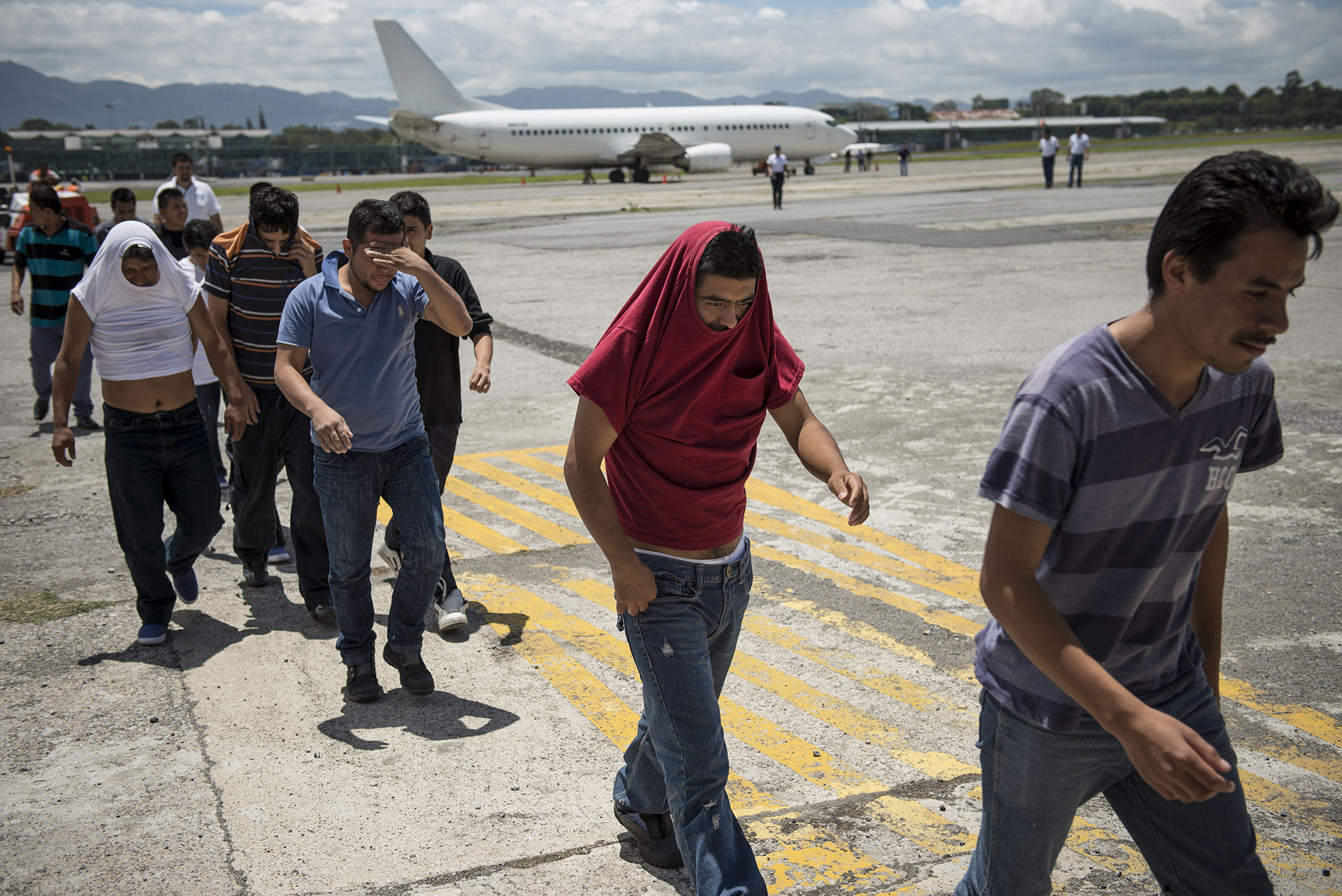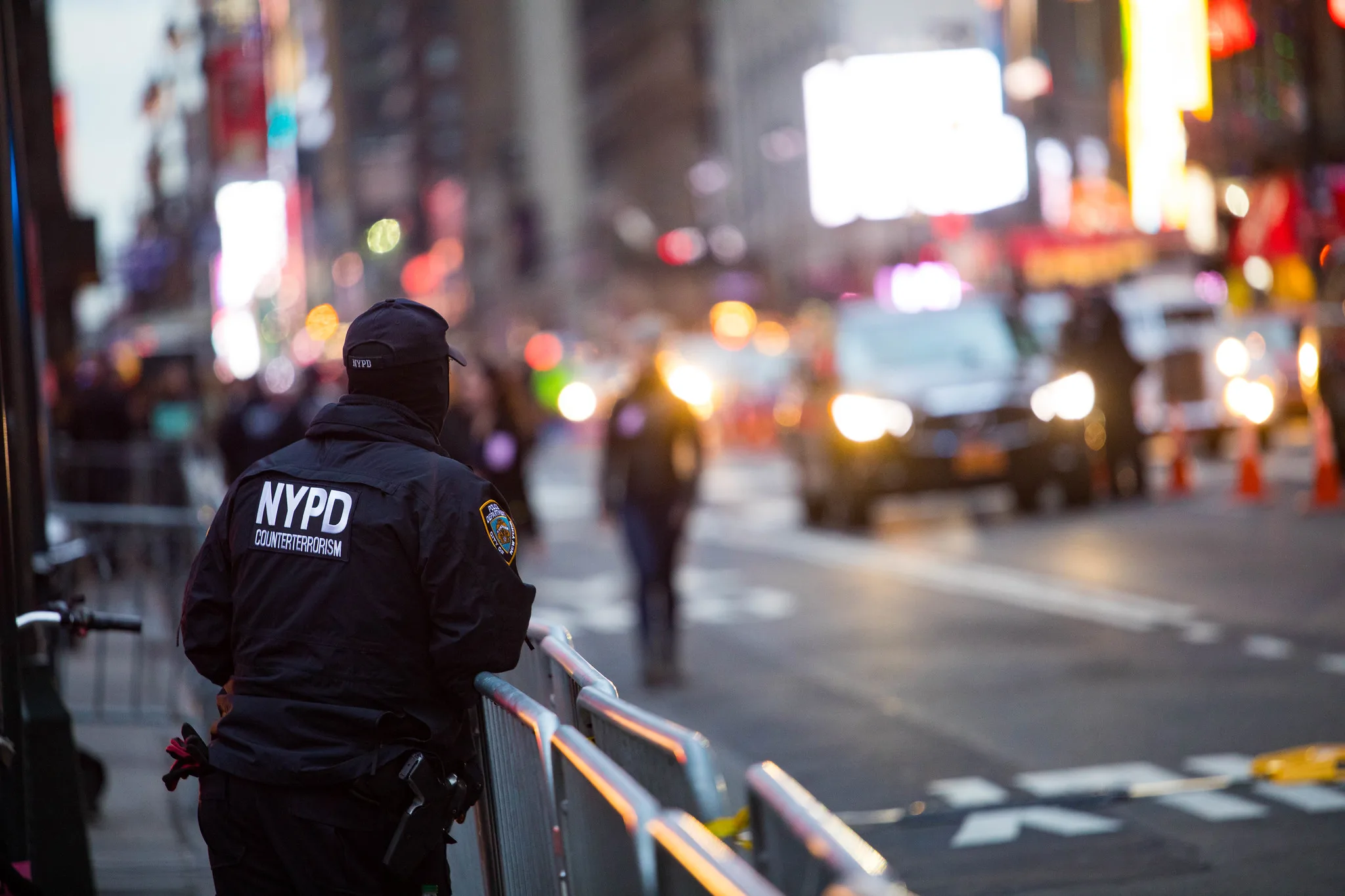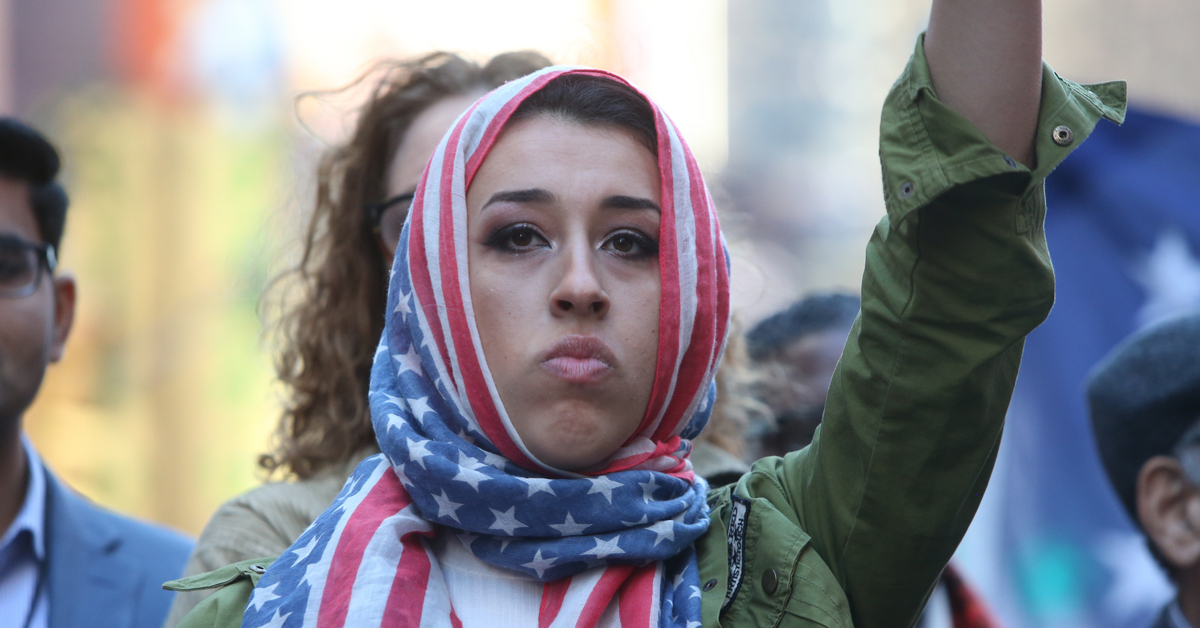Editor’s note: While Documented uses sex workers to refer to individuals and sex work as a trade, prostitution is still used as a legal term in New York, so we use it in that context exclusively.
Several times a night, police officers patrol Roosevelt Avenue in Jackson Heights, on foot, shining their glaring flashlights at women standing outside the entrances of massage parlors. The women are sex workers, trying to draw customers into massage parlors. As the officers pass, the women flee into the busy street to hide behind parked cars.
The scene recalls the 2017 massage parlor raid in Flushing where 38-year-old sex worker Yang Song fell to her death during an NYPD raid on the business. In the wake of her death, advocates and New York elected officials called for a restructuring of how sex workers are policed. They said that the criminalization contributed to Song’s death and that arresting sex workers pushed them further into the shadows. The city’s District Attorneys promised to cut back on prosecutions, but the fear remains.
“Lots of street workers have lots of families back home and they are afraid of getting arrested and being deported,” Cindy, a Chinese sex worker in Flushing, said.
In Queens, the significant decline in arrests on charges for prostitution came when, in 2019, then Queens Borough President Melinda Katz ran against the progressive public defender Tiffany Cabán, for the hotly contested Queens District Attorney race. During the campaign, the decriminalization of sex work was a hot-button issue as the death of Yang Song was still fresh in the public’s consciousness.
Katz assured voters that she would not prosecute sex workers, and instead focus her prosecutorial energy on implementing the controversial Nordic Model, which prosecutes the buyers of sex as well as sex traffickers. “Sex workers would not be prosecuted,” she said in an interview with Patch. “I would use my resources to go after sex traffickers and those that may be forcing people into sex work.”
However, Katz’s record reveals she has not entirely lived up to that promise by continuing to prosecute most of the prostitution arrests that are made.
According to data obtained from the New York Division of Criminal Justice Services through a Freedom of Information Law request, prostitution arrests are down citywide from a high of 1,938 arrests in 2012 to 75 in 2022. Queens continues to have the highest prostitution arrest rate in the city with 32 arrests last year. Brooklyn had 17 prostitution arrests; Manhattan had 12 arrests; the Bronx had eight and Staten Island had five.
Although arrests and prosecutions of prostitution cases reached historic lows of just a few dozen in Queens last year, the data also shows that Katz has prosecuted almost all prostitution arrests in her district, only declining to prosecute one case in her whole term. She has maintained the highest rates of prosecution for prostitution arrest rate in the city.
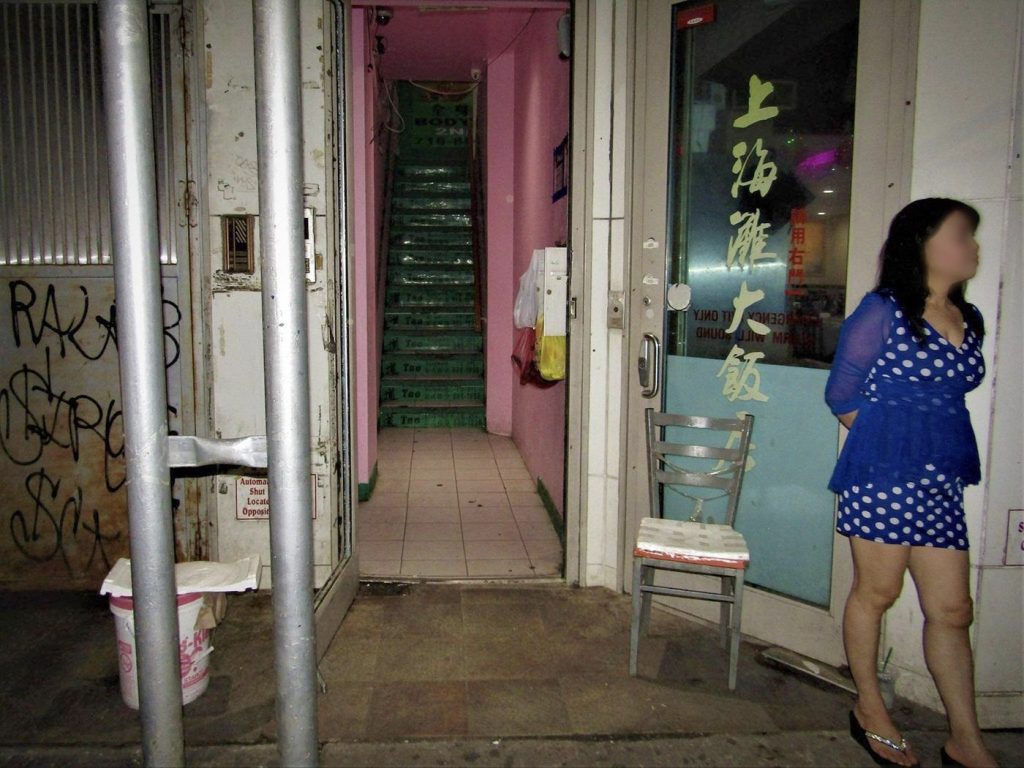
In 2020, of the 35 prostitution arrests in Queens, the courts dismissed 17 cases with an Adjournment in Contemplation of Dismissal (ACD), which is a ruling that dismisses the charges usually in six months as long as the defendant does not get rearrested. If they get arrested again, the case could be reopened. Only 11 cases were dismissed outright.
The following year in 2021, Queens prostitution arrests rose to 56 and Katz prosecuted nearly all of the cases with one case actually convicted. The majority of the cases, 29, were dismissed with ACD and just 16 were dismissed outright.
Last year, seven prostitution cases were dismissed with an ACD while only 10 were dismissed outright and two were dismissed and diverted to human trafficking court.
Leigh Latimer, a supervising attorney for the Legal Aid Society’s Exploitation Intervention Project who has been representing clients who have been charged with prostitution in Queens, says that nearly all of the women who have been recently arrested for prostitution have been immigrant women of color. Even when a case is dismissed with an ACD, Latimer argues that it still can be an emotionally traumatic experience.
“For a lot of clients, it is a mental consequence that they have this thing hanging over them and they are worried that it might stop them from getting a job and they are embarrassed or they are just living in fear, worried if they get arrested again that case is going to come back.”
The Queens DA declined Documented’s request for an interview only stating that “The Queens District Attorney’s office does not prosecute prostitution cases.” When Documented informed them of the data, they amended their statement, claiming that “since 2020, there have been no convictions for prostitution.”
Assemblymember Jessica González-Rojas, who represents Jackson Heights, and has recently introduced legislation that would decriminalize unlicensed massage work, criticized Katz for reneging on her promise.
“I strongly condemn the news that the Queens District Attorney has been prosecuting sex workers in Queens at a higher rate than all of the other DAs in New York City, which is what she said she would not do when she ran for office,” she said. “I ask her to consider the real harm these cases cause to our fellow Queens community members.”
Although Katz has continued to prosecute prostitution cases despite promising not to, she has not been alone in breaking her promise. The Manhattan DA as well as the Brooklyn DA had also promised to longer prosecute prostitution cases in 2021.
The Manhattan DA, Alvin Bragg, has been the only DA to keep his promise by declining to prosecute all 12 prostitution arrests made in 2022. The Brooklyn DA, Eric Gonzalez, has mostly kept his promise. In 2022, the Brooklyn DA declined to prosecute eight of the 17 prostitution arrests made that year. One was dismissed with an ACD and one was dismissed outright. The rest are still pending.
Ordinarily, according to Oren Yaniv, a Brooklyn DA spokesperson, it’s not the policy of the DA to prosecute any prostitution cases, but the DA wishes to engage with all those arrested on prostitution charges as a way to assess if they are victims of human trafficking.
“We do feel that we have an obligation to have some contact with the person who is arrested before we go to court,” he said.
Sex work decriminalization advocates such as Mariah Grant, director of Research and Advocacy at the New York-based Sex Workers Project, say that prosecutions that have continued to occur in Brooklyn and Queens exemplify the limitations of DA non-prosecution policies.
“With police continuing to arrest sex workers despite commitments from DAs not to prosecute the charges, sex workers are left exposed to police violence as well as increased likelihood of mistakes in DA offices’ adherence to non-prosecution,” she said.
